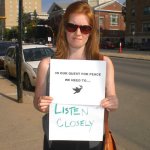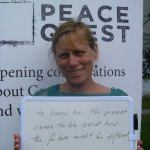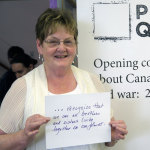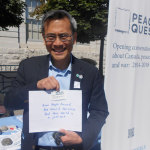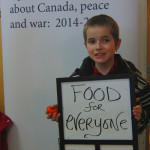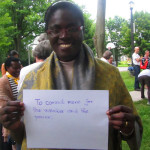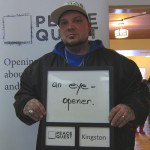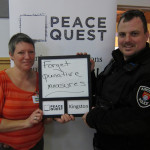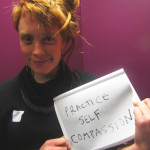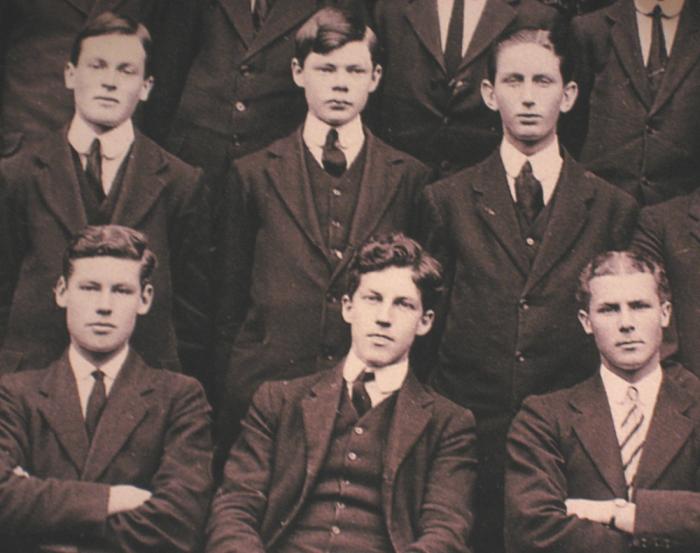‘So Many Boys All Doing Right’
An Interview with author Sean Howard on Great War poet Charles Sorley
Introduction
Captain Charles Hamilton Sorley died on October 13, 1915, shot by a sniper while preparing to lead his men ‘over the top’ at the Battle of Loos in France. Aged only 20, he left behind a small number of posthumously published poems and a larger volume of remarkable letters, selected, introduced and edited by his heartbroken parents. In this interview, I talk with CBC Cape Breton’s Wendy Bergfeldt about Sorley’s extraordinary life and astonishing poetry, long overshadowed by the work of poets (Robert Graves, Siegfried Sassoon, Wilfred Owen) he directly and indirectly inspired.
Born into the upper echelons of British class society, from an early age Sorley was torn between a sense of obligation to family, school (the elite Marlborough College), and country, and a sense of responsibility to respond with ability to his free, inner spirit and the form of self-expression he treasured best: writing poetry. His core intuition of the link between conscience and creativity – an appreciation of poetry as conscientious objection to conformity – can be seen in his 1913 poem from which the essay takes its title, So Many Boys All Doing Right, which wonders with ironic ambivalence:
“…if it seems brave
The youthful spirit to enslave,
And hedge about,
lest it should grow,
I don’t know if it’s better so
In the long run.”
When the Great War broke out, Sorley was a student in Germany, wildly in love with its language, landscape, and culture (with the notable exception of its conformist, boisterous militarism). As early as August 1914, he described the war as “the best joke of the century,” a monstrously out-of-hand playground brawl depicted in ‘To Germany’:
“And in each other’s dearest ways we stand,
And hiss and hate.
And the blind fight the blind.”
Despising Rupert Brooke’s saccharine sonnets as a sanctification of slaughter, in his own final sonnet Sorley pleaded with us to “say not soft things” about war and warriors.
PeaceQuest.ca – and the sister organization I belong to, Peace Quest Cape Breton – is dedicated to speaking harsh truths about the culture of violence still bedevilling and imperilling humanity and the planet. And as peace movements around the world have always known, one of the most effective means of ‘waging peace’ at our disposal is the pen: the ability to respond, as Sorley tried and succeeded, to the threats facing our world with all the creativity at our soul’s disposal.
Listen to the full interview here:
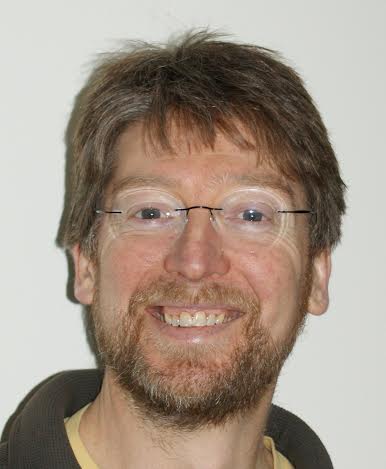 Sean Howard is adjunct professor of political science at Cape Breton University and Campaign Coordinator for Peace Quest Cape Breton.
Sean Howard is adjunct professor of political science at Cape Breton University and Campaign Coordinator for Peace Quest Cape Breton.
So Many Boys All Doing Right is published by Gaspereau Press; for details, see http://www.gaspereau.com/NewLetterpress.php.
